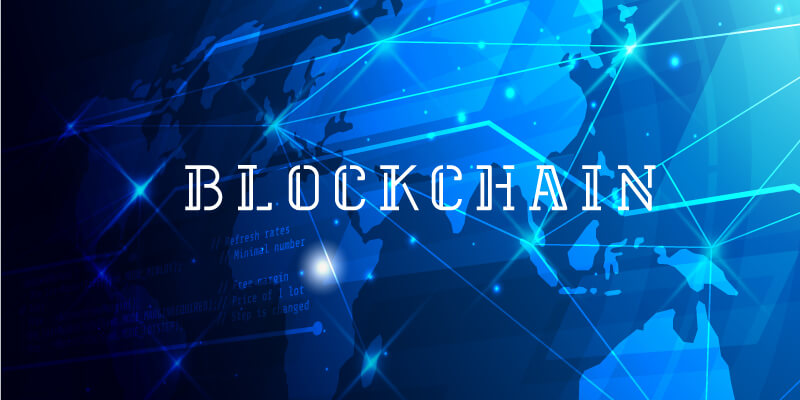What is blockchain? Essentially, it is a distributed ledger of cryptographically-secured transactions conducted using interconnected computers that share resources without intervening computer servers. It is decentralized, which means no single government, company, or group controls it. As opposed to the Internet based on information exchange, it’s being heralded as some sort of the Internet of financial transactions. The transactions, which are transparent to everyone on the entire blockchain network, can involve both tangible and intangible items of value, including cryptocurrencies, contracts, debts, insurance, trade, etc.
The cryptocurrency bitcoin is the most familiar, if not notorious, application of blockchain. In fact, many people mistake blockchain for bitcoin, which as of May 2017, has already exceeded a value of $2,000 per coin, although it’s been fluctuating wildly since then. Also, there’s what’s considered a public and a private version of blockchain, the latter being promoted by companies such as IBM, and which in contrast to public blockchain, involves an intermediary, such as banks. Blockchain has already garnered the interest of several companies, e.g., JP Morgan, Toyota, UnitedHealth Group, and Fidelity.
“Blockchain has already garnered the interest of several companies, e.g., JP Morgan, Toyota, UnitedHealth Group, and Fidelity.”
In contrast to traditional financial transaction and private blockchain, the transacting parties in public blockchain are anonymous, a feature that many people or groups consider a major advantage over traditional transaction channels.
Interest in blockchain is rising partly because of its potential to substantially drive down the costs of financial transactions. Efficiencies derived from using blockchain to monitor all sorts of transactions are attractive to banks. Among others, blockchain can also prove to be a boon to foreign workers who are always on the lookout for cheaper means of sending remittances to their home countries.
Some view the decentralized aspect of blockchain as a drawback in that it’s not clear how the technology that underpins blockchain can be improved in the absence of a central caretaker that could be crucial to maintaining the technology’s cohesiveness. Also, blockchain remains an unknown entity to most people, and it’s still hobbled by bitcoin’s early reputation as a preferred means for conducting murky transactions. But perhaps an even greater hurdle towards its widespread adoption is that blockchain transactions remain too complicated for most people. Also, the same transaction anonymity seen by some as a public blockchain advantage is considered a liability by others, especially for certain types of transactions such as buying real estate and other big-ticket item, which can lead to substantial losses if the property turned out to be a dud and the seller is completely untraceable.
One thing is clear though: blockchain has ways to go, but revolutionary is what it could be.






